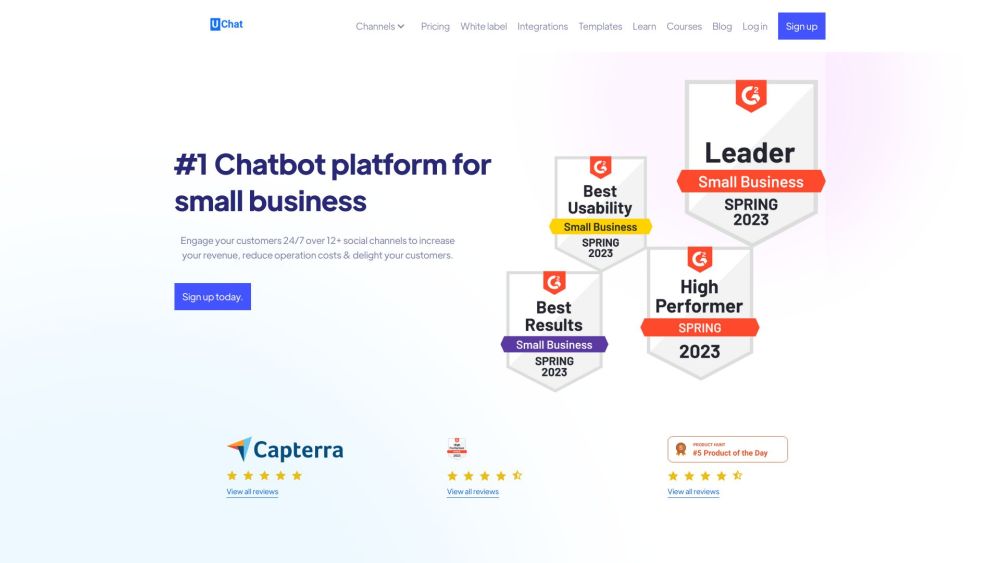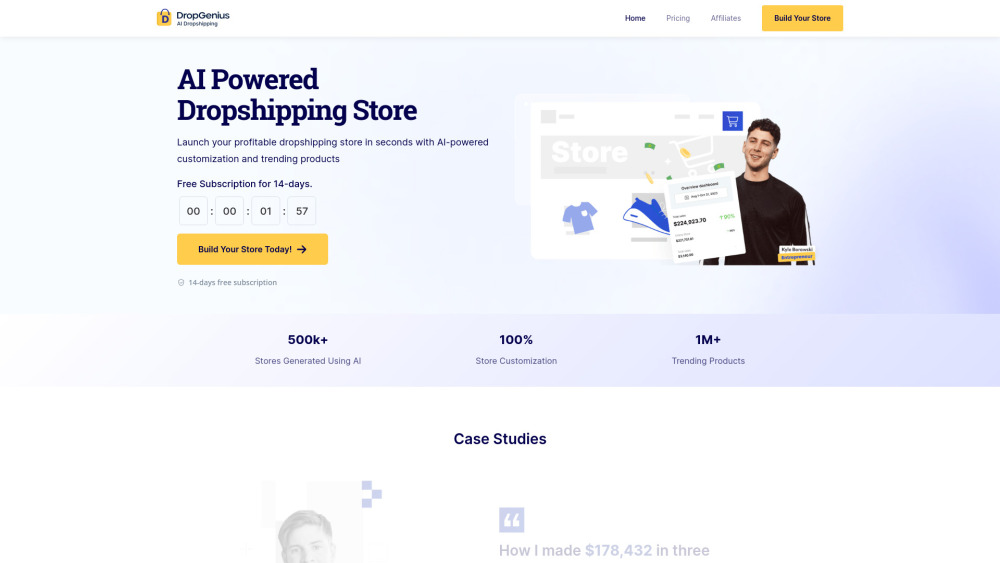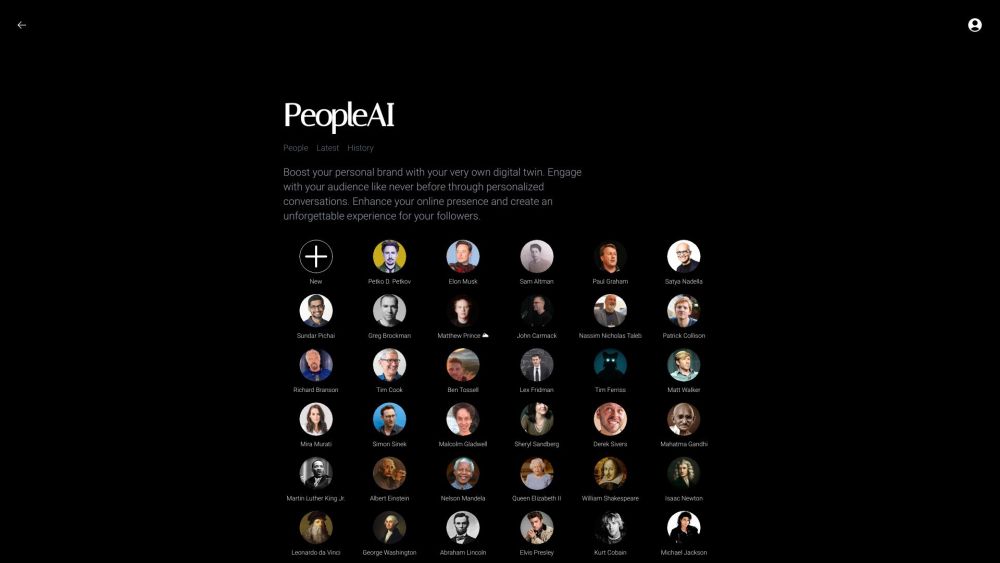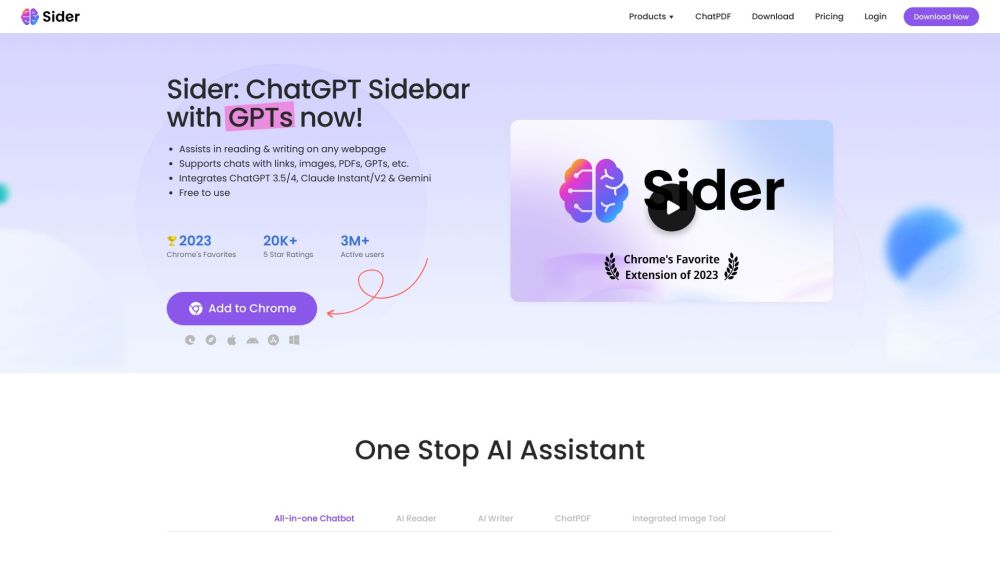The 2024 Nobel Prizes have been announced, marking a significant moment for artificial intelligence as it secured the Nobel Prize in Chemistry on October 9. After a surprising win in Physics, the rise of AI has captivated the public imagination, leading many to wonder if traditional academic disciplines are becoming obsolete. Industry leaders, like Zhou Hongyi, founder of 360, have begun speculating about a future where AI could also claim the Nobel Prizes in Literature and Economics.
This initial shock of AI's Nobel wins illustrates a broader shift as the Nobel Prize itself evolves within the AI era. Rather than requiring validation from the Nobel framework, AI has emerged as a transformative force that helps to redefine it. The Chemistry Prize awarded to researchers utilizing AI for protein-related studies further solidifies this trend. AI's involvement in Nobel recognitions is no longer surprising and reflects its integral role in modern science.
Zhou anticipates that "AI for Science" signifies an impending trend, where breakthroughs across various scientific fields increasingly depend on AI innovations. He boldly speculates that the Nobel Peace Prize might one day be awarded to Ilya Sutskever, co-founder and former chief scientist of OpenAI, for his work in AI safety, while the Nobel Prize in Literature could potentially go to ChatGPT for its groundbreaking contributions to creative writing.
The impact of AI on society is profound and pervasive—this is just the beginning. With the recent achievements of the "Godfather of AI" receiving the Nobel Prize in Physics and leaders from Google’s DeepMind winning in Chemistry, AI is not merely a contender but a vital collaborator in advancing human knowledge.
The implications of AI's ascent are significant; it necessitates a reevaluation of our understanding of intelligence. Historically, scientists have relied on tools—paper, calculators, and computers—to enhance their work; AI represents a new paradigm where generative intelligence is growing exponentially. The consensus is shifting towards accepting AI as potentially more capable than humans in certain areas.
While the successes of AI are a result of human ingenuity, they raise critical questions for scientists and society alike. Collaborating with increasingly intelligent AI will come with challenges, including addressing ethical concerns and security risks. As the saying goes, "with great power comes great responsibility." It is essential for scientists to lead in the responsible development of AI, ensuring that the general public is also engaged in this evolving dialogue.




